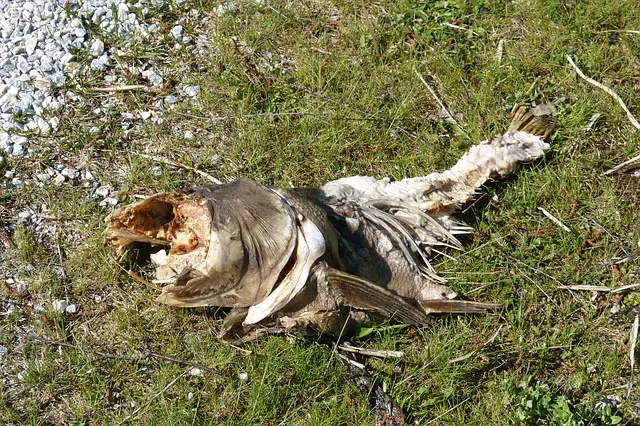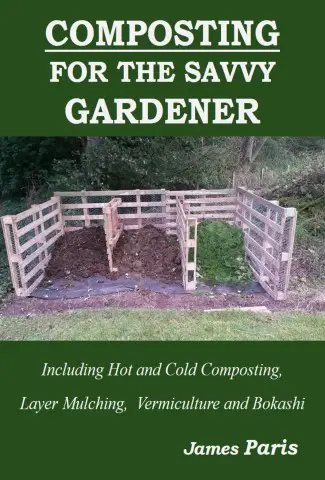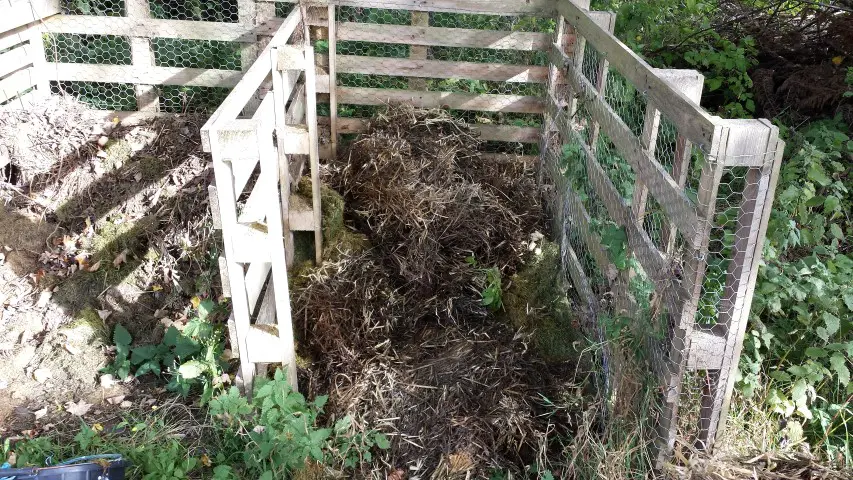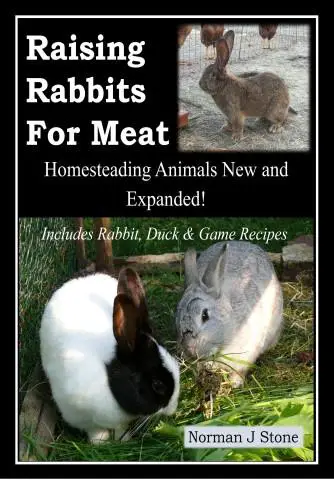So what is compost? Basically compost is the end result of organic material that has been put together and rotted-down to produce food for plants or as an addition to improve soil quality.
This is something that you must think about long before you need the compost, in most cases a year at least. Your vegetable garden needs compost that is well rotted and crumbly to the feel. If it is still smelly then it is not ready for the garden yet.
The process of making your own compost is simple enough, as it is basically a load of organic material such as vegetable trimmings, grass cuttings, fallen leaves etc, that are dumped into a bin or wooden framework and left to decompose in a process that can take months or even years.
Keeping in mind that all organic matter can in fact be composted – not all organic matter is recommended to put in the compost heap for a variety of reasons. Choosing to put the wrong or bad material in the compost can lead to vermin infestation, bad smells and hordes of flies.
Can bread go in the compost?
An example of this would be bread. I am often asked if bread should be put in the compost. The answer is yes – and no! Bread will indeed compost down very well, however it will also attract vermin such as rats and mice who just love break, even stale mouldy bread.
So while bread could make a valuable addition to your compost, you must balance this with the fact that it may attract unwanted pests to the compost heap – even if you bury it under layers of other composting material.
That’s just 1 example of material which is not advisable to add to compost – but will in fact break down to create compost if you choose to do so. However there are certain things that you should definately not add to a compost heap such as..
What to exclude from compost
- Inorganic material: Plastic and polythene will not break down to form compost. Obvious I know, but it had to be said!
- Pet Poop: Never add dog or cat droppings to the compost heap, as this can add several disease organisms that can turn your compost toxic.
- Fish, fats, meat, bones and dairy: These should not be added as they can just attract vermin, and cause your compost to smell badly. Bones especially, will not break down in a compost heap so are of no value.
- Coal ash: timber ash is fine for compost as it adds valuable potash, but coal ash is not, as it can add high levels of sulphur to your compost.
- Colored paper: Colored paper can contain heavy metals and other toxic materials. These should not be added to your compost.
- Diseased plants: Any diseased or infested plants that you have to lift up should be burned or otherwise disposed of. Do not add to the compost as they will most likely end up back in your garden to repeat the cycle all over again! If however you are using a hot composting method then this would be acceptable as seeds and other nasties are burned down in the process.
- Weeds such as stinging nettles with roots attached and/or bulbs. Again this is acceptable only if you are using hot compost methods.
- Fat, grease, oil or lard from the frying pan should not be added to compost as it will just clog up the compost making it difficult to breathe. In this case you would create an anaerobic rather than aerobic heap – which is not a good thing!
- Dung from any carnivores, including omnivores such as pigs, should not be added to compost because it can carry harmful parasitic worms and disease that will lay in the compost for many months – even years.
Is It worth making your own compost?
Indeed it is! By making your own compost you are achieving a number of great things. Making compost is not only easy but the benefits of making compost are many…
- You are helping save the environment by reducing material going to the landfill and producing toxic gases into the atmosphere.
- You save money by creating your own plant food free from the organic scraps that would normally go to waste.
- By using your own home-grown compost you are sure about what you feed your vegetables – no chemical contamination.
- Compost improves the quality and productivity of the garden soil, in terms of better healthier crops and plants in general.
Rabbit poop for compost
One of the best compost things to add to the compost heap is Rabbit manure! Yes indeed. These little ‘currants of joy’ are rich in nitrogen and will give the compost a real boost.
Furthermore, rabbit manure is so well composted when it leaves the animal, it can effectively be added straight into the Raised Garden bed with no problems.
For this reason many preppers or off-grid folks raise their own rabbits not only for meat and pelts, but also for the manure they produce.
Interested in knowing more about creating your own compost including what you CAN put in the compost heap? Then check out our article on creating excellent compost.





